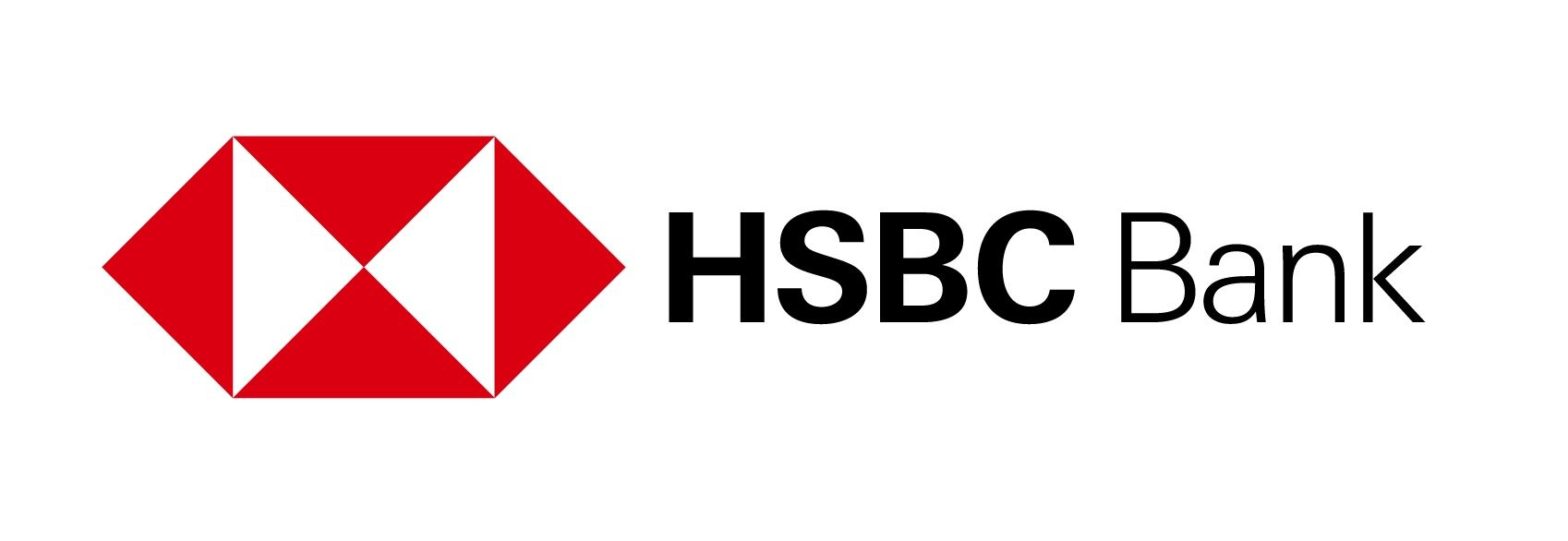Bank of Canada governor said now is not the time to be flexible on interest rates
Author of the article:
The Canadian Press
Adena Ali
Publishing date:
Oct 14, 2022 • 2 days ago • 3 minute read • 26 Comments
Governor of the Bank of Canada Tiff Macklem speaks at a press conference in Ottawa. Photo by Patrick Doyle/The Canadian Press files WASHINGTON — Bank of Canada governor Tiff Macklem emphasized Friday that he has not changed his mind on interest rate hikes, even as expectations grow about a possible recession next year.
Advertisement 2 This advertisement has not loaded yet, but your article continues below.
Now is not the time to be flexible on interest rates, Macklem told reporters from Washington, where he was attending the annual meetings of the International Monetary Fund and the World Bank, reiterating the central bank’s current objective of restoring price stability and bringing inflation down.
Financial Post Top Stories Sign up to receive the daily top stories from the Financial Post, a division of Postmedia Network Inc.
By clicking on the sign up button you consent to receive the above newsletter from Postmedia Network Inc. You may unsubscribe any time by clicking on the unsubscribe link at the bottom of our emails. Postmedia Network Inc. | 365 Bloor Street East, Toronto, Ontario, M4W 3L4 | 416-383-2300
Macklem said the central bank will be closely watching how the U.S. economy evolves after inflation data for September released yesterday showed core consumer price inflation, excluding food and energy, rose to a 40-year high, increasing the odds of more big rate hikes from the hawkish U.S. Federal Reserve.
After reaching an annual rate of 8.1 per cent in June, the pace of price increases in Canada has slightly slowed, largely due to lower gas prices.
Advertisement 3 This advertisement has not loaded yet, but your article continues below.
The annual inflation rate for August was seven per cent, but Canadians were still feeling pain at the grocery store, with food prices increasing 10.8 per cent in August compared to the same time a year ago — the fastest rate since 1981.
In a note Friday, RBC said it expects the headline inflation rate for September to tick lower, to 6.7 per cent, when it is revealed next week.
However, bank economists said core consumer price inflation, excluding food and energy, could nudge slightly higher.
Andrew Grantham, senior economist at CIBC Capital Markets, said in a note that he expects inflation in Canada to show greater signs of deceleration compared to the U.S., in large part due to the way shelter costs are calculated.
Advertisement 4 This advertisement has not loaded yet, but your article continues below.
“However, a rebound in oil prices and widening of refining margins have seen gasoline prices increase again in October which will see headline inflation accelerate again for one month at least,” he wrote.
The Bank of Canada will release its latest economic forecast along with its next interest rate announcement on Oct. 26.
RBC economist Claire Fan said in an interview that she’s expecting a half-percentage-point raise providing there are no “surprises” out of next week’s inflation data or business outlook survey.
The Bank of Canada offered up a jumbo interest rate hike of three-quarters of a percentage point in September, after raising it by a full percentage point in July.
Earlier this week, the IMF provided its outlook for the Canadian economy.
Advertisement 5 This advertisement has not loaded yet, but your article continues below.
The financial agency said Canada is now expected to grow 3.3 per cent this year compared with growth of 3.4 per cent in the July forecast, while growth for 2023 is predicted to come in at 1.5 per cent, down from an earlier forecast of 1.8 per cent.
The IMF expects continued rate hikes in 2023, echoing the Bank of Canada.
The report said the Canadian economy is in excess demand, despite the worsening medium-term outlook — also in line with the Bank of Canada’s view.
Last week, the Canadian economy posted a modest bump in employment for September, suggesting the labour market is still exceptionally tight, with the unemployment rate for the month falling to 5.2 per cent from 5.4 per cent in August. The economy added 21,000 jobs.
Advertisement 6 This advertisement has not loaded yet, but your article continues below.
Meanwhile, the IMF and Canada Mortgage and Housing Corp. are both warning of a possible recession in the near future, joining a chorus of private sector economists.
Recommended from Editorial Traders bet Canada could hike rates higher — to 4.25% — as U.S. inflation continues to scorch IMF warns of substantial cooling, possible recession in Canada A recession in Canada will likely strike sooner than first predicted, Royal Bank says RBC economists now forecast a “moderate recession” as early as the first quarter of next year but expect unemployment to be “less severe” than previous downturns.
“We’re expecting it to last around two quarters,” said Fan.
“And a ‘moderate recession’ in the sense that an increase in the unemployment rate of 1.7 per cent, if you put it in historical context, is not a huge increase. It’s not an incredibly severe downturn that we’re looking for.”
The greenback is also on Macklem’s radar as the Canadian dollar continues to lag, he said, adding that if the situation persists, the central bank will have “more work to do on interest rates.”
The Canadian dollar traded for 72.17 cents U.S. on Friday compared with 72.43 cents U.S. on Thursday.
